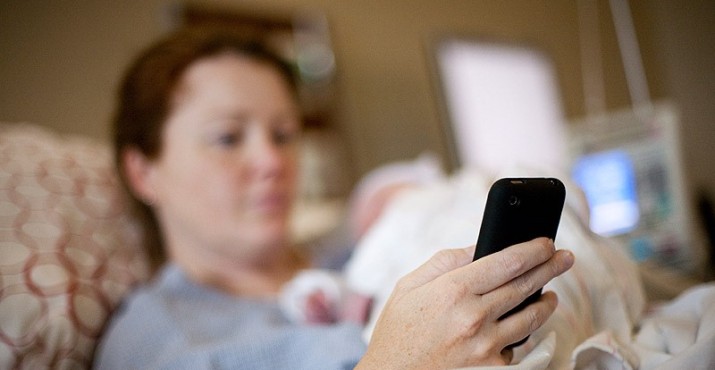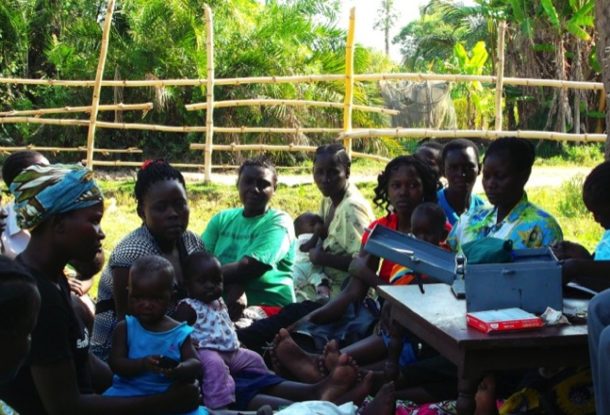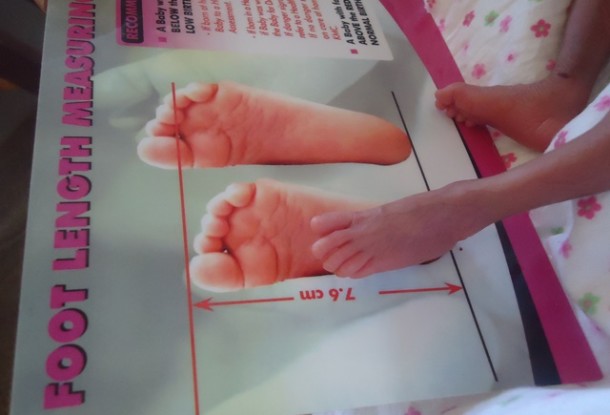Innovation Summary
 In several countries, and in this particular case in Brazil, there is often lack of communication between healthcare providers and caregivers, resulting in parents not adopting best practices for child development.
In several countries, and in this particular case in Brazil, there is often lack of communication between healthcare providers and caregivers, resulting in parents not adopting best practices for child development.
This innovation is an interactive SMS-based engagement program received on parent’s cellphones that can be used to educate, instruct and remind parents of best practices for parenting including interactions that promote early childhood development and to monitor the development of their children. The technology aims to create a seamless, highly customized, and engaging interaction with the parent via a relevant, productive and behavior-changing dialog. Potential engagement programs include reminders for immunization and doctor visits; tips about safety, nutrition, and care; and monitoring of child development, parental behaviors and symptom management.
Gallery
Impact
2000 mothers will be enrolled to respond and receive text messages for the first month of their child’s life.
As of today, the most common success paradigm for parenting is the one according to which the parents shall keep their child alive and well fed; this paradigm can and must be replaced with one according to which the parents shall foster the best possible brain development for their child, who starts learning even before birth.
-- Juliano Froehner
Innovation
Rather than focus on a particular stage of brain development or particular developmental challenge, this project focuses on a systemic problem in the management of early childhood development: lack of information flow from healthcare providers to parents and vice-versa. This communication problem has three facets:
- There is a lack of parental knowledge on best practices in child safety, socio-emotional development and language learning, among others.
- Most communication to parents on best-practices is irrelevant or difficult to understand. Information provided to parents does not adapt over time, meaning it is not tailored to the parent/child’s circumstances and needs. The timing of information (not only over the course of months, but throughout the day) is highly critical to ensure engagement and behavior change, but rarely considered.
- Lack of feedback to healthcare providers: there is a delay in investigating potentially problematic symptoms or improper parenting behaviors, meaning these issues are often not caught early.
Due to these communication issues, parents do not have the tools to ensure the best brain development for their children, and healthcare providers cannot identify worrying developmental issues for early intervention. Thus, there is a clear need for a scalable communication solution.
Tá Na Hora Digital Health has developed SMS-based communication technologies for the pharmaceutical & health industries in Brazil. Several of their interactive SMS-based “engagement programs” can be used by medical providers (i.e. pediatricians, visiting nurses, etc.) to educate and remind parents on best practices for their child. They can also be used by providers and parents to monitor child brain development.
A web-based application has been developed that makes it easy to quickly build and edit interactive SMS-based engagement programs. These highly-customized programs are completely automated, and scalable across thousands of recipients.
This intervention aims to pilot and scale these programs for new mothers, to help in a wide array of early brain development areas. These programs will initially provide valuable information to new mothers, send reminders, and track development milestones of the child; if identified, they will help then help manage development of at-risk children.
Text messages received by the mother could include reminders for immunization and doctor visits, tips about safety, nutrition, and care, and monitoring of child development, parental behaviors and symptom management.
Text messages can be tailored to arrive at specified times of the day, depending on the different parent. Text messages received by the mother include reminders for immunization and doctor visits but message content can also be automatically customized to the recipient; for instance, to include personal information relevant for their child’s particular stage of development or medical or socio-economic condition. Recipient parents can reply to messages; for instance, they can report on behaviors or symptoms of their child. The system will automatically adjust subsequent questions based on the answers provided. The result is a seamless, highly customized, and engaging interaction with the parent.
This communication technology will demonstrate its effectiveness if mothers are engaged with the system, find the program useful, learn new things, and change their behavior.
Collaboration
Funders
- Grand Challenges Canada
- Juliano Froehner and Michael Kapps
Key Partners
- FHRN – Fundação Hospitalar Rio Negrinho, Brazil
- FMCSV – Fundação Maria Cecília Souto Vidigal (institutional support), Brazil
Continuation
This program will be taken country-wide after this intervention. Other projects, partners, institutions and stakeholders that may be interested in joining forces are welcome.
Evaluation Methods
The project will evaluate the effectiveness of the SMS technology, through the following:
- Adherence: how many mothers stay in the program?
- Engagement: How many mothers respond to text messages, and which ones?
- Behavior-change, self-reported and pediatrician reported.
- Interviews with mothers to determine what they found was most useful.
The impact on child development will be evaluated by gathering developmental/biological milestones and comparing this to a control group that did not receive the intervention. The incidence of child injury, mother’s nursing behavior and compliance with appointments and vaccinations will also be assessed.







